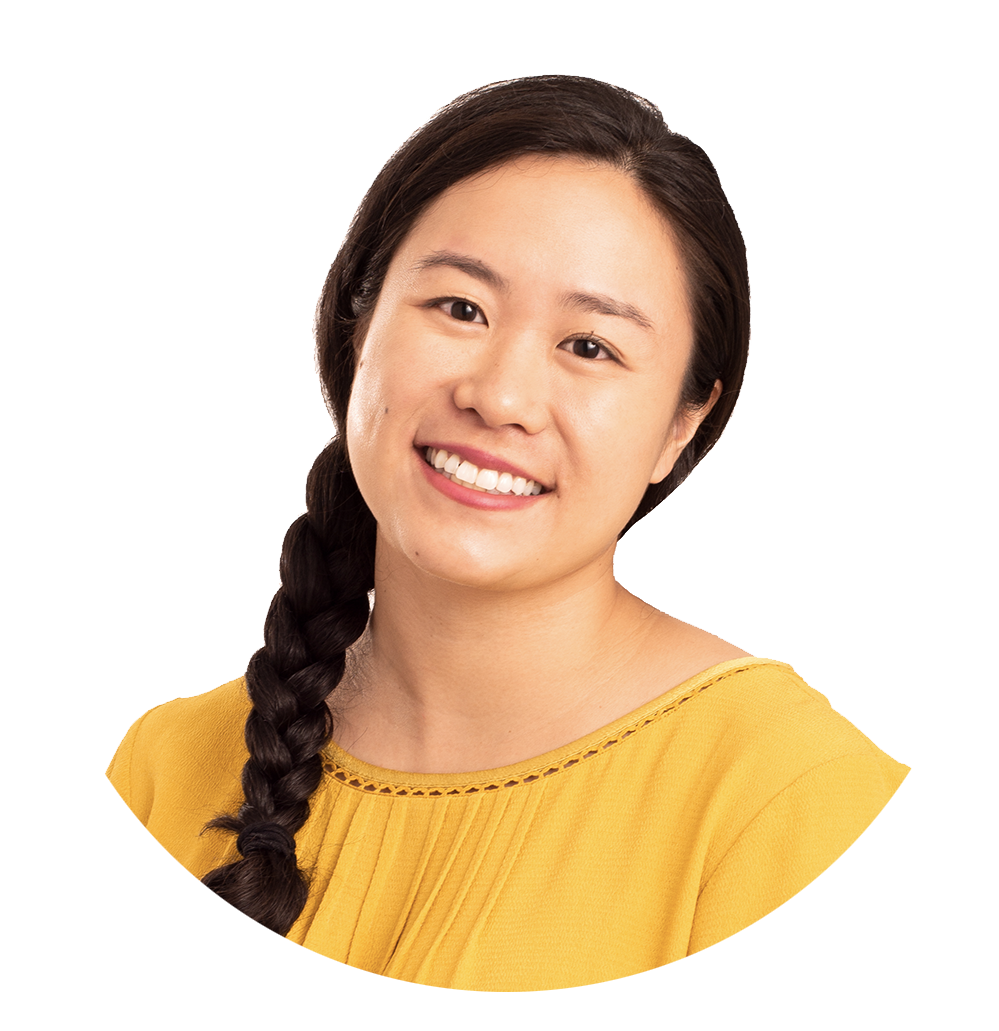
About
Overview and Project Goals
Online Formations: Asian American Digital Politics
By Rachel Kuo with Bianca Nozaki-Nasser and Turner Willman
How do Asian Americans and Pacific Islanders (AA/PI)* create social and political change in digital spaces?
This collaborative research project between 18 Million Rising (18MR) and Dr. Rachel Kuo (Postdoctoral Fellow, Center for Information, Technology, and Public Life at the University of North Carolina-Chapel Hill) investigates Asian American and Pacific Islander political formations in digital spaces. This project is adjacent to Dr. Kuo’s dissertation research on Asian America as a mediated political formation and the racial politics of solidarity.
18MR’s ongoing work in racial justice activism and movement technologies spans across multiple areas of work: digital content and cultural production, organizing actions and campaigns, hosting events, digital collaborations and partnerships with other groups and organizations, creating technology for social justice, and much more. This collaboration brings together18MR’s digital organizing expertise with Kuo’s ongoing research on collective Asian/American politics and the role of technologies in shaping racial politics with the aim of creating new ways for Asian Americans and Pacific Islanders to organize online.
Together, we created a survey to assess the landscape of Asian American and Pacific Islander politics in relation to contemporary social movements and digital technologies. We asked participants how they use technology as a place for political community and organizing.
The survey was divided into four sections: 1) demographic information; 2) political engagement; 3) specific engagement with 18MR; 4) and digital technology use. We asked participants what campaigns they’ve participated in and how; how much time they spent online and what devices and platforms they used most often.
This digital report brings together initial results from survey findings with interviews with 30 Asian American leaders and organizers on racial politics, movement building, and technology use. Names presented in this report have been changed.
Project Goals:
Evaluate different digital tools for organizing and online campaigns, as well as better understand how online spaces shape political engagement
Identify opportunities and challenges for political education and coalition building
Assess current and potential political engagement with digital-first organizing campaigns
Understand how digital technologies create places for community, coalition, and organizing
How to cite: Rachel Kuo, Bianca Nozaki-Nasser, and Turner Willman (2020) “Online Formations: Asian American Digital Politics.” 18 Million Rising. Retrieved from asianamericandigitalpolitics.com
*A Note on Terminology and Statement on AAPI :
“The names that we humans call ourselves and that others call us are politically, culturally, and spiritually meaningful to the development of both individual and group identities, and to activism performed from and through those identities.” - Lisa Kahaleole Hall
There are fundamental differences between different Pacific Islander and Asian American groups. In 2019, 18MR actively stopped using the acronym AAPI, and have shifted our language to focus solely on Asian Americans. This is an attempt to productively engage with rather than try to incorporate the Pacific. This distinction also recognizes the specific differences between Asian America and Indigenous Pacific Islander sovereignty, land claims, and histories of U.S. colonialism (Kehaulani Kauanui 2008) as well as maintains the potential for political coalition.
Pacific Islander is a significant racial category for our comrades fighting for social and political recognition and resources. We look to follow PI leadership to engage with and lead on issues impact on Pacific Islanders.
In the original data collection for this report, we used AA/PI as shorthand to denote “Asian American and Pacific Islanders”. The ‘slash’ challenges easy legibility and categorization of identities. At times, we shift to “Asian American” to describe this study given the majority of respondents reflected in the results.
Who We Are
Dr. Rachel Kuo researches race, social movements, and digital technology. She is a Postdoctoral Research Fellow at the Center for Information, Technology, and Public Life at the University of North Carolina-Chapel Hill and holds a PhD in Media, Culture, and Communication from New York University. She is a founding member and current affiliate of the Center for Critical Race and Digital Studies and also a co-founder of the Asian American Feminist Collective.
Bianca Nozaki-Nasser is a Los Angeles based artist, designer, strategist, organizer, and educator. She uses visual and interactive media as tools for radical movement building. Her work reimagines the relationships between creative technology, digital organizing, and cultural work. Currently, Bianca is the product+design strategist at 18 Million Rising. She is also a co-founder of the Antiracist Classroom, core organizer of amwa (asian mamas working in the arts). Bianca received her M.F.A. in Media Design Practices from the ArtCenter College of Design, Pasadena, and her B.A. in Communication from the University of Southern California.
Turner Willman joined 18 Million Rising in 2018. As a Social Media Organizer, they engage Asian Americans and co-conspirators online while supporting campaigns on immigrant rights, gentrification, policing, and more. Turner has also organized for technology rights in Black and brown communities, reproductive justice, and environmental justice. A trans and mixed race abolitionist, they enjoy block printing and learning about queer history in their spare time. Turner holds a BA from Smith College.


